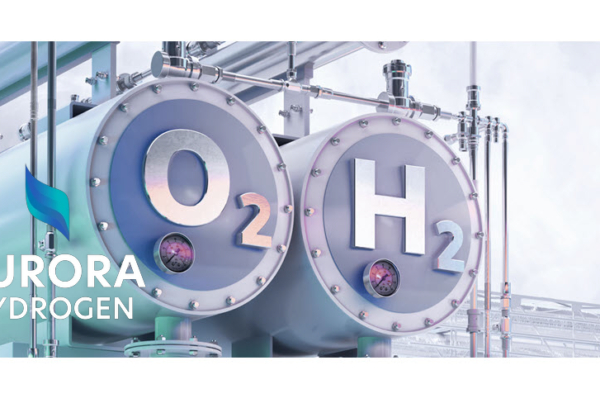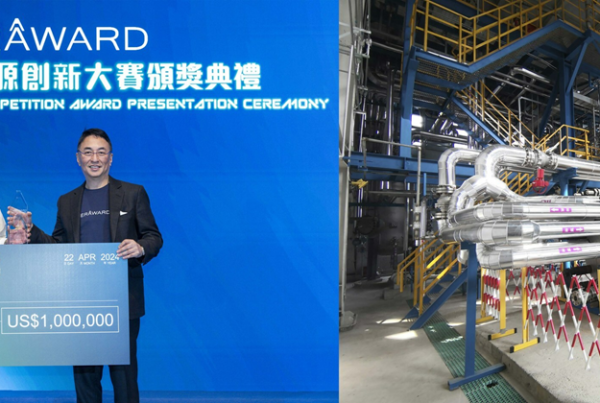
The Swedish Energy Agency awards the project “Nano-Plasmonic ultra-fast H2 sensor for a safe hydrogen economy” SEK 3.8 million.
Within the project, a hydrogen gas sensor will be developed that will enable faster conversion to hydrogen as an alternative to fossil energy by increasing safety and optimizing the operation of fuel cells.
In the project, the Chalmers hydrogen sensor chip is integrated with Insplorion’s own developed sensor platform and adapted to the requirements and needs of PowerCell, the world leader in fuel cell technology. The project will run for 24 months with an expected start in January 2020.
The project is based on a technical breakthrough recently published in the prestigious journal Nature Materials by co-applicant Prof. Christoph Langhammer’s research group at Chalmers University of Technology.
The aim of the project is to demonstrate how these sensors can be used in two different but equally important areas of use, which place different demands on the sensor:
• in order to improve the understanding and thus the efficiency of fuel cells and in the long term be able to optimize operation.
• to operate within safety around various hydrogen gas systems, such as for the detection of leaks during transport and storage of hydrogen, as well as when operating fuel cells.
“ We need access to sensors that combine short response time with high measurement accuracy, compact format and at the right cost. Sensors based on Insplorion’s technology could meet all the requirements and thus also contribute to increased efficiency and reliability of our fuel cell systems ”, comments Lisa Kylhammar, Head of Stack Development at PowerCell.
The function of the sensor will be demonstrated in a real environment. What most distinguishes this sensor from existing ones on the market is its rapid response time. A fast response time is of great importance both for sensors that will work for safety applications and for optimizing fuel cells.
“The hydrogen sensor has been included as an opportunity within Insplorion since the company was founded. It is fantastic fun that the research that has been going on within Christoph’s group has now had great breakthroughs and that it can coincide with both our gas platform development and the maturation in the market that hydrogen is beginning to get, “comments Patrik Dahlqvist, CEO of Insplorion.
Read the most up to date Fuel Cell and Hydrogen Industry news at FuelCellsWorks




